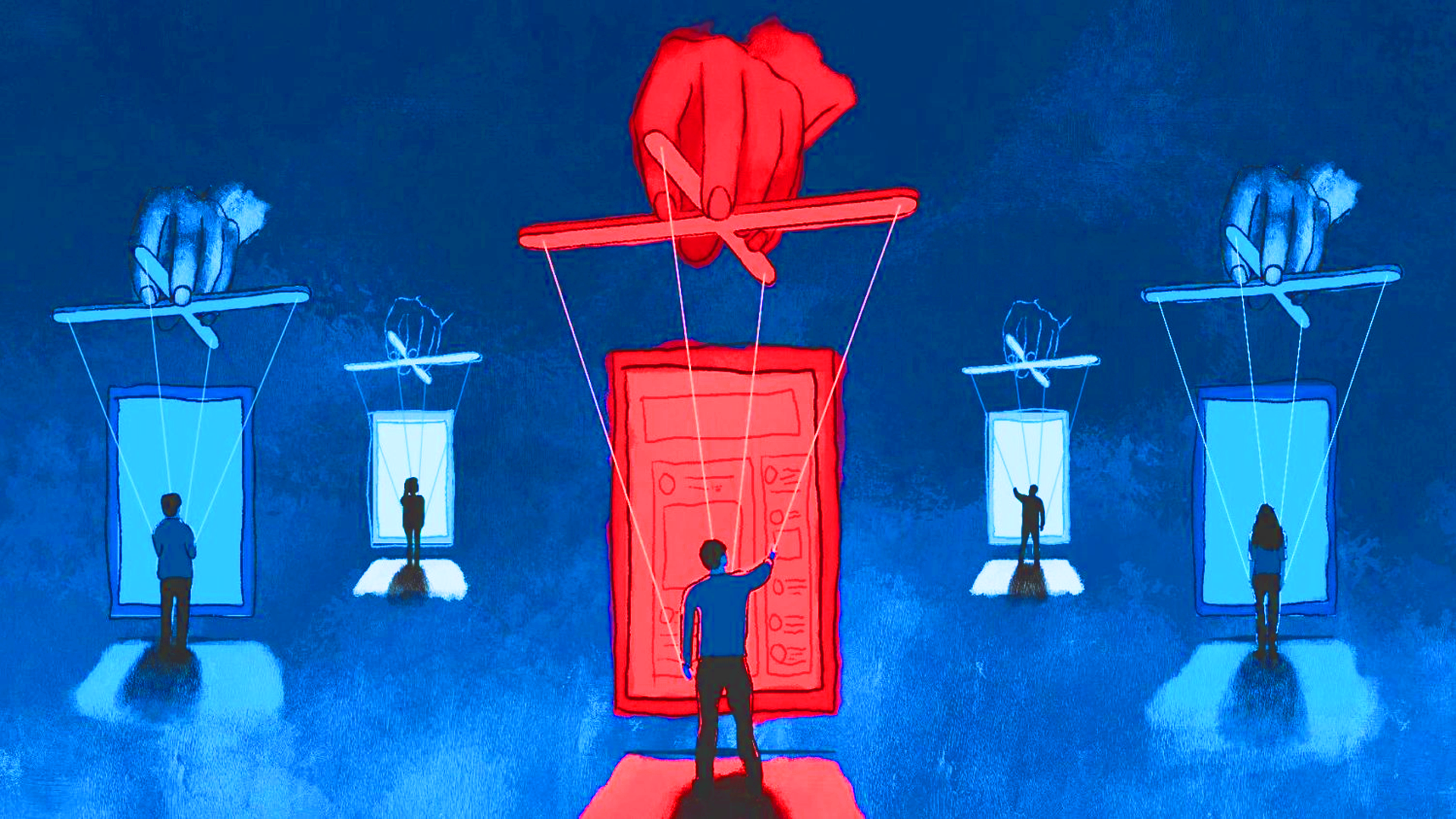The Role of Social Media in Shaping Public Opinion

Social media platforms like Facebook, Twitter, and TikTok are more than just tools for communication; they are powerful instruments that shape how we think, vote, and engage with society.
The Dive
Social media has revolutionized the way we communicate, but it’s also redefined how public opinion is shaped. Platforms like Facebook and Twitter allow individuals to share ideas, stories, and opinions on a global scale, giving everyone a voice. However, this democratization of information comes with significant risks. Algorithms designed to maximize engagement often amplify polarizing content, creating echo chambers where misinformation thrives and differing views are rarely encountered. These digital spaces can erode trust in institutions and polarize societies.
For example, during major elections, social media has been used both as a tool for grassroots mobilization and a vehicle for spreading false information. Viral misinformation campaigns have sown confusion and mistrust, influencing voter behavior and challenging the integrity of democratic processes. This demonstrates the dual nature of social media—its ability to empower voices and simultaneously destabilize systems when misused.
Moreover, the psychology of social media engagement encourages a constant cycle of likes, shares, and comments, rewarding sensationalism over accuracy. This can skew public perception of critical issues, as louder and more controversial voices often drown out nuanced discussions. The spread of misinformation and disinformation can escalate tensions, create divisions, and make it harder to distinguish truth from falsehood.
As children growing up in the digital age, understanding the mechanics and ethics of social media is essential. Learning to identify reliable sources, question biases, and engage critically with content helps build media literacy—a vital skill in navigating today’s interconnected world. By embracing these principles, we can use social media to foster connections, promote positive change, and challenge misinformation.
The responsibility to create a healthier digital ecosystem lies with all of us. Whether as users, developers, or policymakers, we must ensure that these platforms support truth, empathy, and constructive dialogue. Social media is a powerful tool, but like any tool, it must be used thoughtfully and with care. By cultivating critical thinking and media literacy, we can transform the digital world into a force for good in society.
Why It Matters
Social media has the power to influence elections, movements, and societal norms, making it essential to approach it critically. Algorithms play a key role in shaping what information we see, often prioritizing engagement over accuracy. Media literacy is a vital skill for navigating the challenges of misinformation and bias in the digital age.
?
Dig Deeper
Victoria Bonney implores us to examine the ways citizens and elected officials alike are using social media to change democracy - for the better.
From a young age, the media we consume shapes our identity, the way we think and the way we view the world. So just how damaging can racial tropes and a lack of representation in films, TV and books be for our sense of identity?
Related

Privacy in the Digital Age: Protecting Your Information
As we share more of our lives online, protecting personal information has become a critical challenge. How can we safeguard our privacy in an age of data breaches and surveillance?

Rules vs. Laws: What’s the Difference?
Rules guide small groups like families or schools, while laws apply to entire societies—both help keep communities safe and fair.

Human Rights
Human rights are the basic freedoms and protections that belong to every person on Earth. They help keep people safe, ensure dignity, and make freedom, justice, and peace possible. But these rights aren’t just given—they must be understood, protected, and defended by all of us.
Further Reading
Stay curious!

